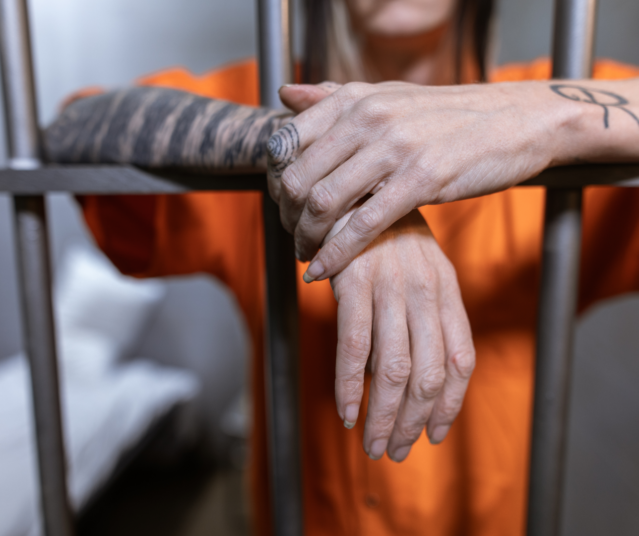
Parole refers to the ability for offenders who have been sentence to a term of imprisonment, to serve a period of this time in the community.
Before an offender is released on parole, they will be subject to a private and/or public hearing conducted by the State Parole Authority. This will depend on whether the offender is classified as a ‘serious’ or ‘non-serious’ offender under the Crimes (Administration of Sentences) Act 1999 (NSW) (the ‘Act’).
Before a decision on parole is made, a Registered Victim may receive notification of the following:
A Registered Victim refers to a victim of the crime of which the offender committed. For example, a victim of sexual assault may be able to register themselves on the Registered Victims registry.
Non-serious offenders:
A private hearing will take place with 5 panel members from the State Parole Authority. At this meeting, a decision will be made whether or not an offender should be granted parole (that is, serve the remainder of their imprisonment sentence in the community).
Following this private hearing, a public hearing may occur in the following circumstances:
Serious offenders:
All serious offenders, as classified in the Act, will be subject to a public hearing. At this hearing, Registered Victims or the State of NSW may make submissions a to whether or not parole should be granted to the offender.
Serious offenders must also undergo a review by the Serious Offenders Review Council, whereby a report will be prepared advising of whether parole is appropriate.
Image by RODNAE Productions